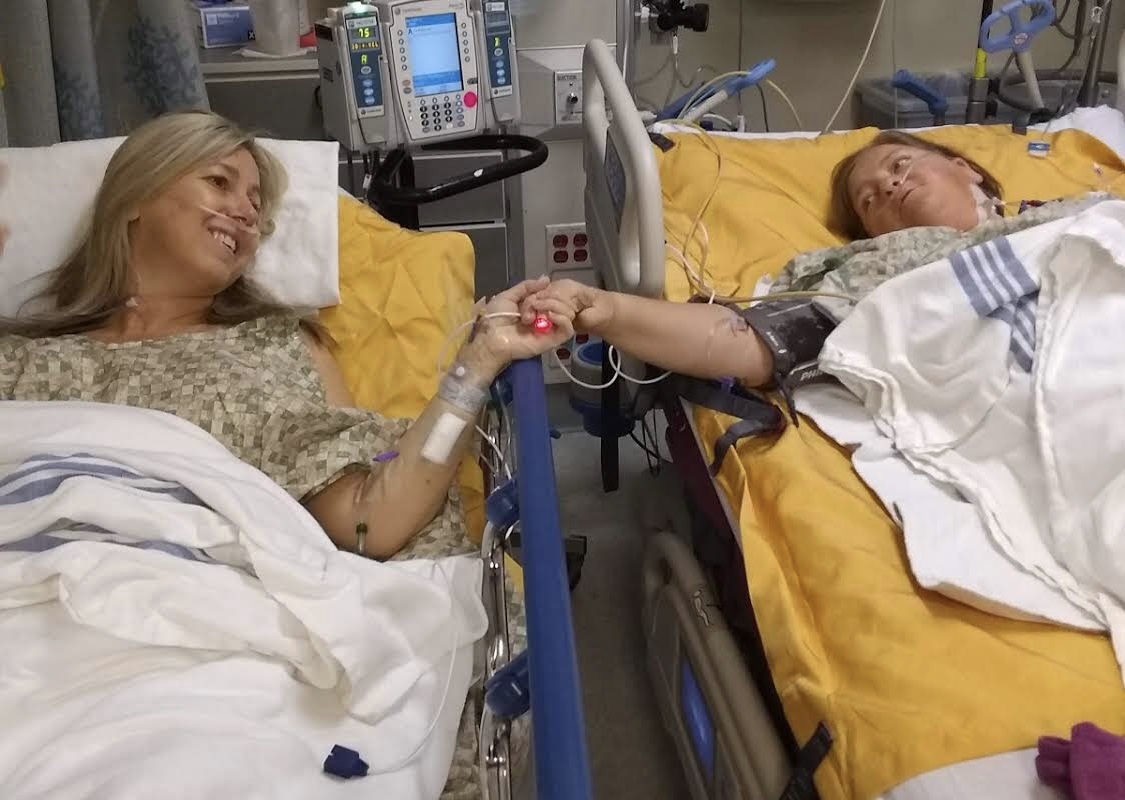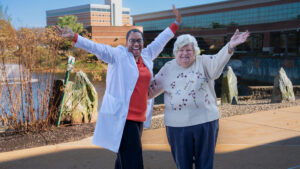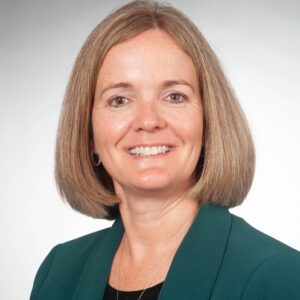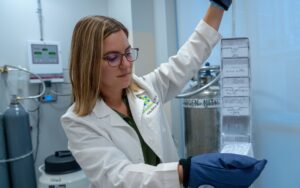When Nicole Scharf started working for the National Kidney Foundation, she never imagined that she’d become a donor. Then she met Ally Klink at a dialysis center in Georgetown, Delaware. The two became friends.
Not only would Scharf’s kidney donation help save Klink’s life, but it would help save the lives of four strangers.
The women participated in a paired kidney exchange program. Each pair includes a living donor who is not compatible with a recipient. A national database makes matches with donors and hopeful recipients in similar situations.
The search might find another couple or several people who benefit from each other in a chain reaction. In the friends’ case, there were five matches.
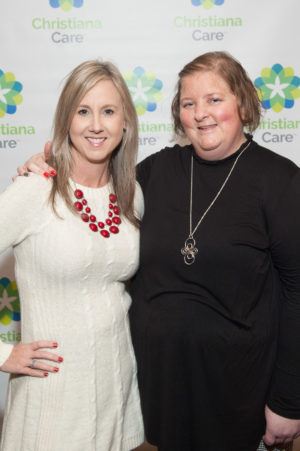
On a single day — May 15, 2019 — Scharf, Klink and eight other people across the country underwent surgeries that required expert timing and skilled surgery. The kidney transplant team at ChristianaCare performed Scharf’s and Klink’s procedures.
Klink, a Sussex County resident, was only 34 when her kidneys buckled under the strain of an upper respiratory infection and hemolytic uremic syndrome, an autoimmune disorder that affects the blood and blood vessels.
“She was so young,” said Scharf, who was 42 at the time. “It was heartbreaking. I followed her story closely.”
Scharf admired Klink’s determination to get on the national transplant list. To qualify, she had to lose 50 pounds. When diets failed, she researched, pursued and successfully underwent gastric sleeve surgery.
In November 2019—after four years of dialysis, three times a week, for four hours at a time— Klink posted on Facebook that she had made “active, status 1” on ChristianaCare’s kidney transplant waiting list. She needed a donor with blood type O. Scharf, who knew she was blood type O, didn’t hesitate. She got tested.
The friends had the same blood type but were not tissue-type compatible. However, the paired kidney exchange program would allow Klink to increase her odds of finding a living donor.
“A non-compatible living donor allowed Ally to swap and find an excellent living donor quickly — instead of waiting a decade on dialysis for a deceased donor,” said Stephanie Gilibert, M.D., medical director of ChristianaCare’s Kidney Transplant Program.
Scharf’s kidney went to someone on the East Coast; Klink’s was flown in from California. “It’s remarkable how they can coordinate the 10 different surgeries,” Scharf said.
Each kidney has an accompanying GPS tracking device so transplant teams nationwide can schedule operating rooms and prepare patients in real time.
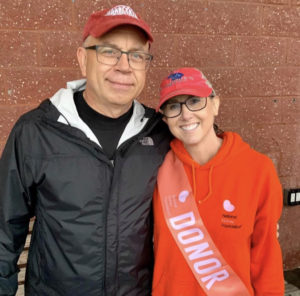
Klink was impressed with her experience at ChristianaCare. “Everyone was so caring; they listen to you,” she said. “They’re just amazing.”
Klink, who works with students in the autism program in the Cape Henlopen School District, said she’s never felt better.
She considers her friend a “godsend … without her, I wouldn’t have a second chance at life.”
As a donor, Scharf has no regrets. “I wish I had 100 more kidneys to donate,” she said. “Hands down, aside from having my three kids, it was the best experience of my life.”
For information on the living donor kidney transplants, call 302-623-3866 or visit christianacare.org/services/kidneytransplant/livingdonation.
